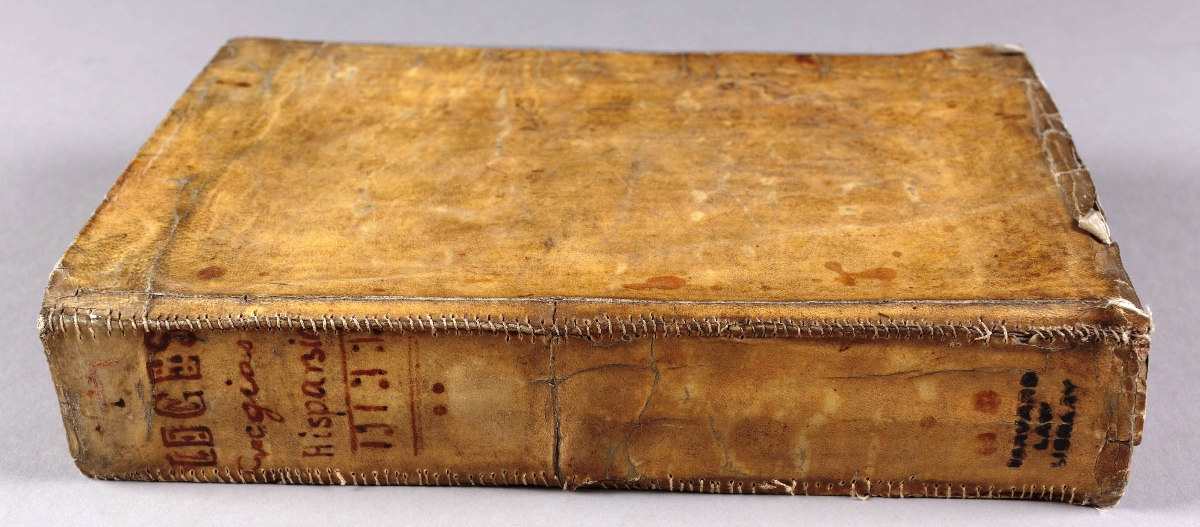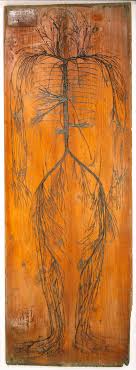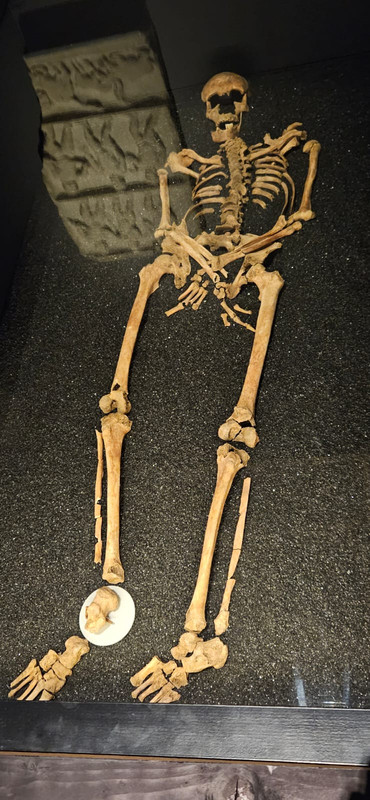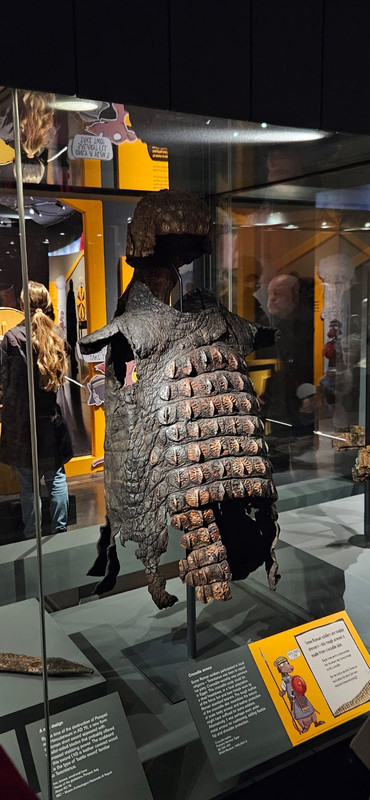Shame to trash a historic curio, however gruesome.
Harvard will remove binding made of human skin from 1800s book

https://www.theguardian.com/education/2024/mar/28/harvard-book-human-skin
I saw the Evelyn tables at the Hunterian Museum, 17th century medical training 'vein maps' taken most likely from executed prisoners in Genoa and they were fascinating things. By that same token you'd destroy these and loads of other historic artefacts.

100%. Acknowledge that it was barbaric but it's not like it's a statue glorifying it.



